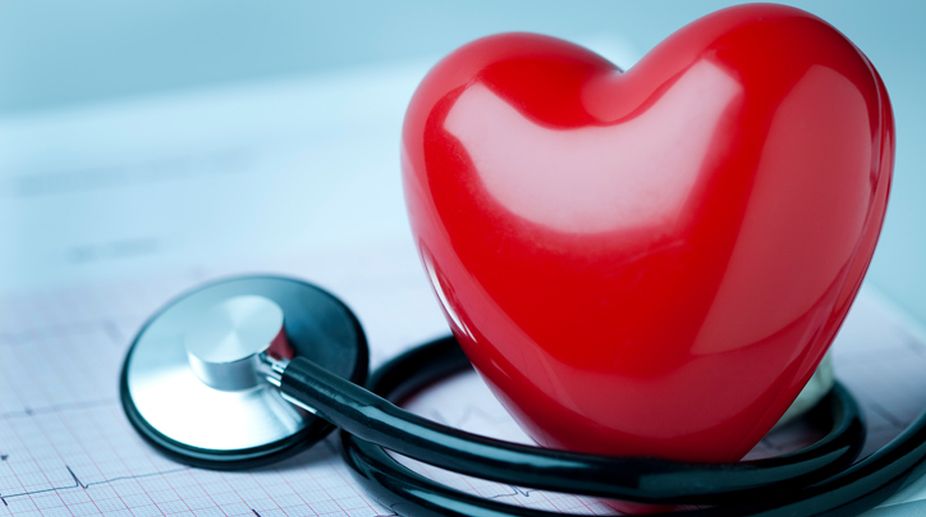Sugary drinks can raise risk of stroke, heart failure: Study
The study also showed that eating too much-added sugar can increase the risk of stroke or aneurysm. However, limited consumption of treats can be safe.

(Getty Images)
Eating peanuts with a meal may help protect against cardiovascular diseases such as heart attacks and stroke, an international team of researchers has found.
After a meal, there is a spike in blood lipids, and triglycerides — a type of fat found in the bloodstream – which stiffen arteries and lead to cardiovascular disease.
Advertisement
The findings showed that healthy men who ate about three ounces of peanuts with a high-fat meal had a blunted increase of lipids in their bloodstream.
Advertisement
There was also a 32 per cent reduction in the triglyceride levels after the consumption of the peanut along with the meals.
"Typically, whenever we eat something, it causes the arteries to get a little bit stiffer during the post-meal period, but we have shown that if you eat peanuts with your meal, this can help prevent the stiffening response," said Penny Kris-Etherton, Professor at Pennsylvania State University, in the US.
When the stiffening response happens in the cells that line the arteries, it results in decreased elasticity in the arteries as it limits the availability of nitric oxide — which helps arteries in dilation for them to be elastic.
"After a meal, triglycerides increase and this typically decreases the dilation of the arteries, but the peanuts prevent that big increase in triglycerides after the meal," Kris-Etherton said, in the paper published in the Journal of Nutrition.
Over time, the arterial stiffening response can limit blood flow throughout the body and cause the heart to work harder, increasing the risks of serious cardiovascular problems over time.
"As the heart works harder and harder, over a longer period of time, it could lead, ultimately, to heart failure," Kris-Etherton added
Advertisement